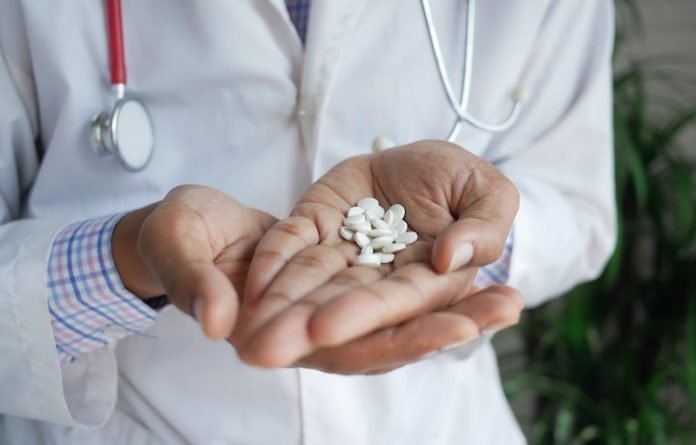
In a study from the University of Cambridge and elsewhere, scientists found that over-the-counter drugs commonly used to treat heartburn could shorten the treatment of tuberculosis (TB).
These drugs could also reduce the chances of the bacteria that cause TB becoming drug resistant.
The findings may mean TB can be cured with shorter treatments.
TB typically takes months to treat with multiple drugs. This poses logistical challenges in completing treatment for many people.
So, it is widely agreed that shortening TB treatment is needed to thwart the global burden of the disease.
Heartburn drugs like omeprazole, pantoprazole, lansoprazole and rabeprazole are cheap, commonly available, safe, and are already approved.
In the study, the researchers found that these drugs stop the bacteria that cause TB from becoming tolerant to antibiotics used to treat the illness.
They wanted to find out exactly why treatment for TB usually involves taking antibiotics for several months.
They decided to test if a cardiac and blood pressure drug called verapamil, which blocks human cell membrane pumps, could also block the bacterial cell membrane pump.
To do this, they used a neat approach in which they tagged an antibiotic typically used to treat TB, rifampicin, with a fluorescent marker so they could track exactly how the bacteria process the antibiotic.
This meant they could directly see that verapamil does indeed stop the bacteria from ejecting rifampicin.
The researchers then wondered if other drugs in wide use for all sorts of conditions, which also incidentally block human cell membrane pumps, could have the same effect on the TB bacterial pumps as verapamil.
They decided to screen these drugs and bingo, many of them worked.
The most stunning of all was the class of proton pump inhibitors that are among the most widely used, over-the-counter drugs for heartburn, reflux, and gastritis—omeprazole, pantoprazole, lansoprazole, rabeprazole.
The team suggests active drug pumps are thought to enable bacteria to develop drug resistance, there is a possibility that these drugs could at the same time reduce the chances of drug resistance, a significant problem in TB treatment.
This exciting work is a great example of how understanding basic cellular mechanisms can directly unlock pathways to future treatment regimes.
If you care about health, please read studies that apple juice could benefit your heart health, and lower vitamin D level linked to vertigo.
For more information about health, please see recent studies that adding 1,000 or even 500 steps to daily walk may help you live longer, and vitamin D could help lower the risk of autoimmune diseases.
The study was conducted by Professor Lalita Ramakrishnan et al and published in Proceedings of the National Academy of Sciences.
Copyright © 2023 Knowridge Science Report. All rights reserved.



